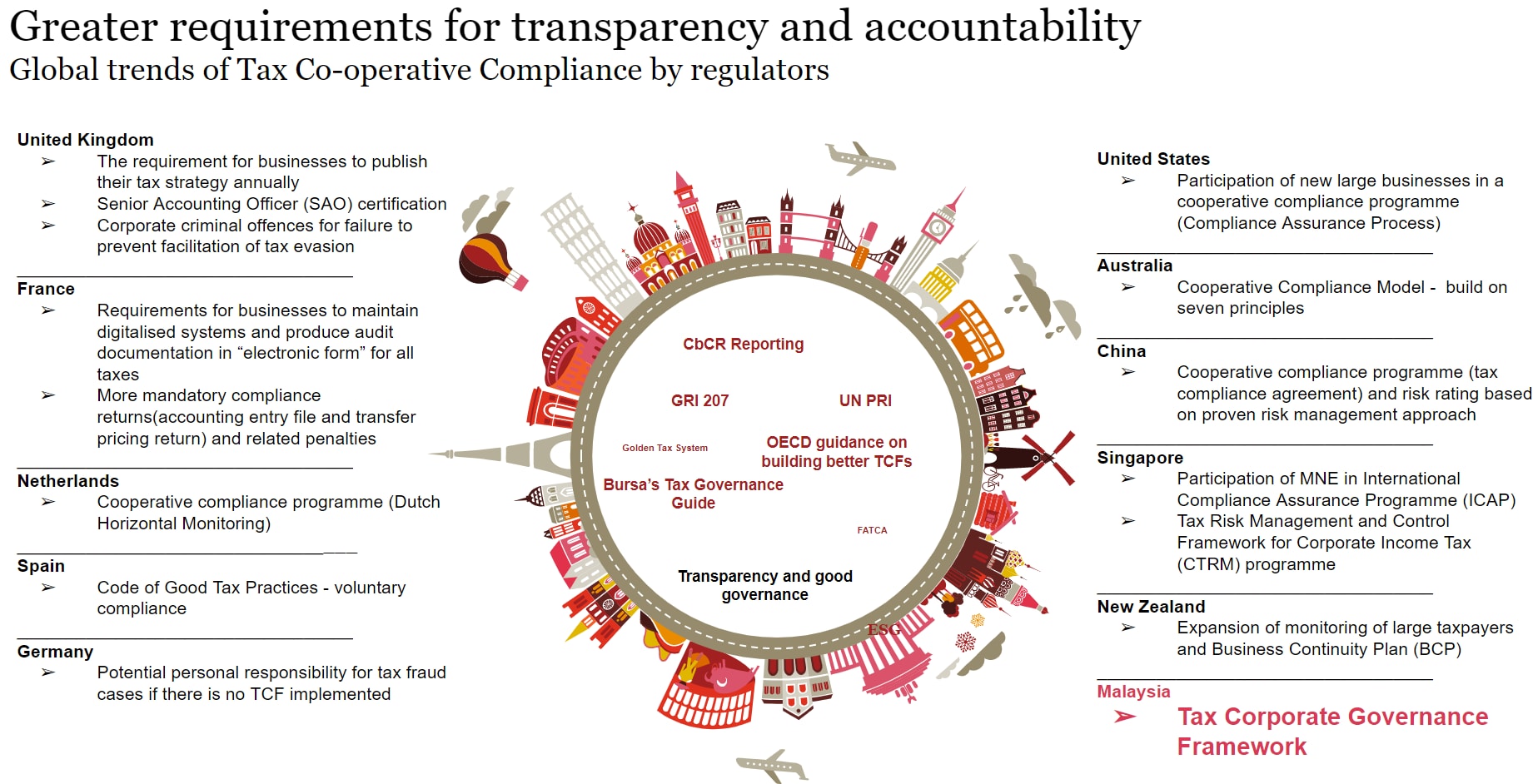Empowering Co-op Communities: Legal Support for Cooperative Societies

Cooperative societies are a vital part of our communities, fostering collaboration, equality, and sustainable development. However, navigating the legal landscape can be a daunting task for these organizations. That's where legal support for co-operative societies plays a crucial role. With https://www.networkedlaw.com/ in cooperative governance and compliance, professionals in the field provide much-needed guidance to empower co-op communities. Whether it's understanding cooperative society regulations or ensuring legal compliance, their specialized knowledge is instrumental in ensuring the smooth functioning and success of co-operative enterprises.

Networked Law services offer a comprehensive range of solutions to address the specific legal needs of co-operative societies. These services provide cooperative society legal resources, empowering co-op communities with the knowledge and tools necessary to navigate the legal framework. By offering legal assistance, consultancy, and expert advice, they become invaluable partners in the growth and development of co-operative businesses. From establishing a robust legal framework to resolving complex legal challenges, Networked Law experts specialize in supporting co-op societies and empowering their members to thrive in today's competitive landscape.
1. Importance of Legal Support for Cooperative Societies
Cooperative societies play a fundamental role in empowering communities and promoting sustainable development. These organizations are built on the principles of collaboration, shared responsibility, and democratic decision-making. However, navigating the legal landscape can be daunting for cooperative societies, making legal support an essential aspect of their success.
Ensuring Compliance and Governance
One key aspect of legal support for cooperative societies is ensuring compliance with regulations and governance frameworks. With ever-evolving legal requirements, it is crucial for cooperatives to have access to legal expertise that can guide them through complex statutes and regulations. This support helps cooperatives stay within the boundaries of the law, ensuring that they are operating ethically, transparently, and in the best interest of their members.
Protecting Cooperative Interests
Legal support also plays a vital role in protecting the interests of cooperative societies. In a rapidly changing business environment, cooperatives face various challenges, including contract negotiations, property rights, and employment issues. Having access to legal resources and guidance allows cooperatives to effectively navigate these challenges and protect the rights and interests of their members.
Empowering Cooperative Communities
Legal support empowers cooperative communities by providing them with the knowledge and tools to make informed decisions. It helps foster a sense of confidence and self-reliance within cooperative societies, as members can access legal expertise to resolve disputes, draft contracts, and ensure compliance with legal obligations. This empowerment enables cooperative societies to operate more efficiently, build stronger partnerships, and create a lasting impact within their communities.
In conclusion, legal support is of utmost importance for cooperative societies. It ensures compliance, protects their interests, and empowers community members. By providing legal assistance and guidance, cooperative societies can thrive in a complex legal landscape and contribute to the overall growth and development of cooperative movements worldwide.
2. Benefits of Networked Law Solutions for Co-op Communities
Networked Law solutions offer a range of benefits for cooperative communities. These innovative legal services provide co-op societies with the expertise and guidance they need to navigate the complex legal landscape. By leveraging technology and networked platforms, cooperative societies can access valuable legal resources and support that empower their members and promote effective cooperative governance.
First and foremost, Networked Law services provide cooperative societies with legal expertise tailored to their unique needs. Co-op members can tap into a vast network of legal professionals who specialize in cooperative society regulations and offer advice on legal frameworks specific to co-ops. This specialized knowledge ensures that co-op societies can navigate legal complexities efficiently and effectively, promoting compliance and avoiding potential legal pitfalls.
Moreover, Networked Law solutions empower co-op communities by providing them with easy access to a wealth of legal resources. Cooperative societies can leverage these resources to educate their members on legal matters, enhancing their understanding of cooperative governance and compliance. By equipping members with the necessary legal knowledge, co-op societies promote a culture of legal empowerment within their communities, fostering informed decision-making and promoting the long-term success of the cooperative.
Another significant benefit of Networked Law solutions is the provision of legal support and assistance for co-op societies. With access to expert legal advice and counseling, cooperative societies can address legal challenges and concerns promptly. This ensures that any legal issues that arise are dealt with efficiently, minimizing disruptions to the cooperative's operations and protecting the interests of its members. Networked Law consultancy services can also provide guidance on building robust legal frameworks for co-ops, enabling them to operate within the bounds of the law while maximizing their potential for growth and development.
In summary, Networked Law solutions offer numerous benefits for co-op communities. These services provide cooperative societies with access to legal expertise, resources, and support, empowering them to navigate legal complexities, enhance compliance, and make informed decisions. By embracing Networked Law, co-op communities can strengthen their legal foundations and foster a culture of legal empowerment, promoting the long-term success and sustainability of their cooperative endeavors.
3. Empowering Co-op Development through Legal Knowledge
In order to facilitate the growth and success of cooperative societies, it is crucial to provide them with access to legal knowledge and expertise. Cooperative societies often face unique challenges in terms of governance, compliance, and regulations. By empowering co-op members with a strong understanding of the legal framework that governs their operations, we can help them navigate these complexities and thrive in their endeavors.
Legal guidance plays a pivotal role in ensuring that co-operative societies operate within the boundaries of the law. Whether it's understanding the legal obligations related to cooperative governance or seeking advice on compliance matters, having access to reliable legal assistance is essential. Through networked law services, co-op societies can tap into a pool of legal experts who specialize in cooperative societies. These experts can provide the necessary guidance and resources to tackle legal issues that may arise, enabling co-op members to make informed decisions and effectively manage their operations.
Furthermore, legal empowerment in cooperative management is instrumental in fostering a culture of compliance and accountability. By equipping co-op societies with the knowledge of the legal requirements they must meet, we empower them to establish robust systems and processes that ensure transparency and protect the interests of all members. This legal empowerment not only strengthens the co-op's internal operations but also enhances the confidence and trust of external stakeholders, such as customers, suppliers, and investors.
In conclusion, providing legal support to co-operative societies is a vital component of their development and success. Through comprehensive legal advice, resources, and consultancy services, co-op societies can navigate the legal complexities they face, effectively comply with regulations, and establish strong governance structures. Empowering co-op members with legal knowledge enhances their decision-making capabilities and ensures the sustainable growth of co-operative communities. With the support of networked law and cooperative expertise, we can facilitate the necessary legal framework that empowers co-op development and fosters a thriving cooperative ecosystem.
